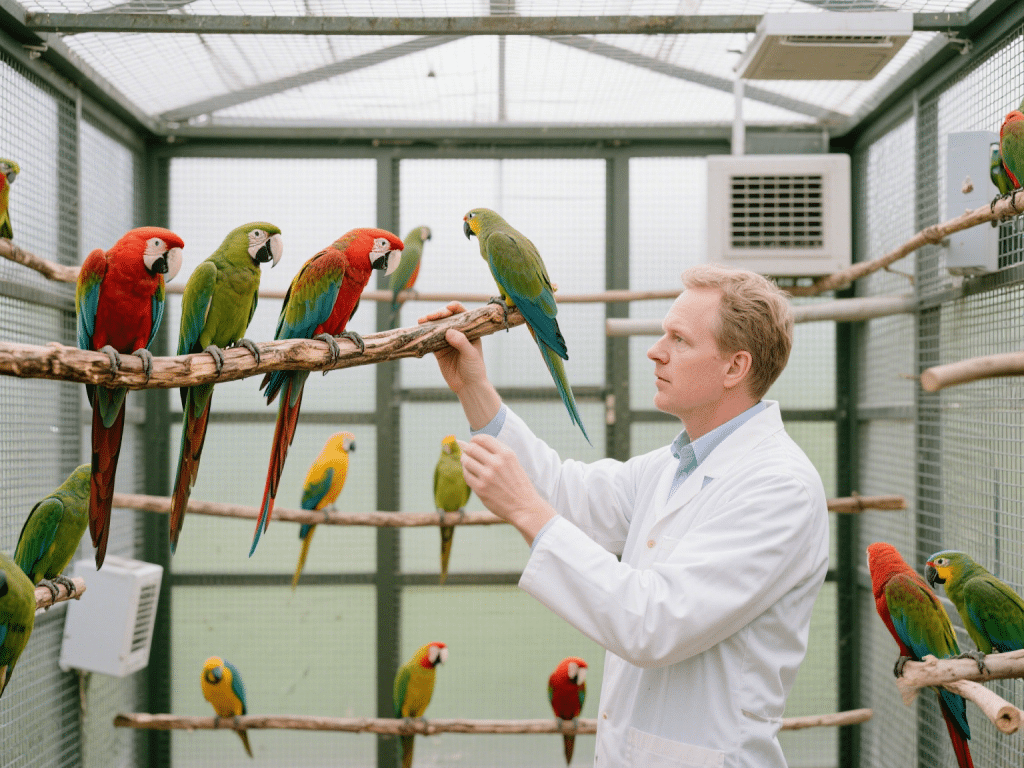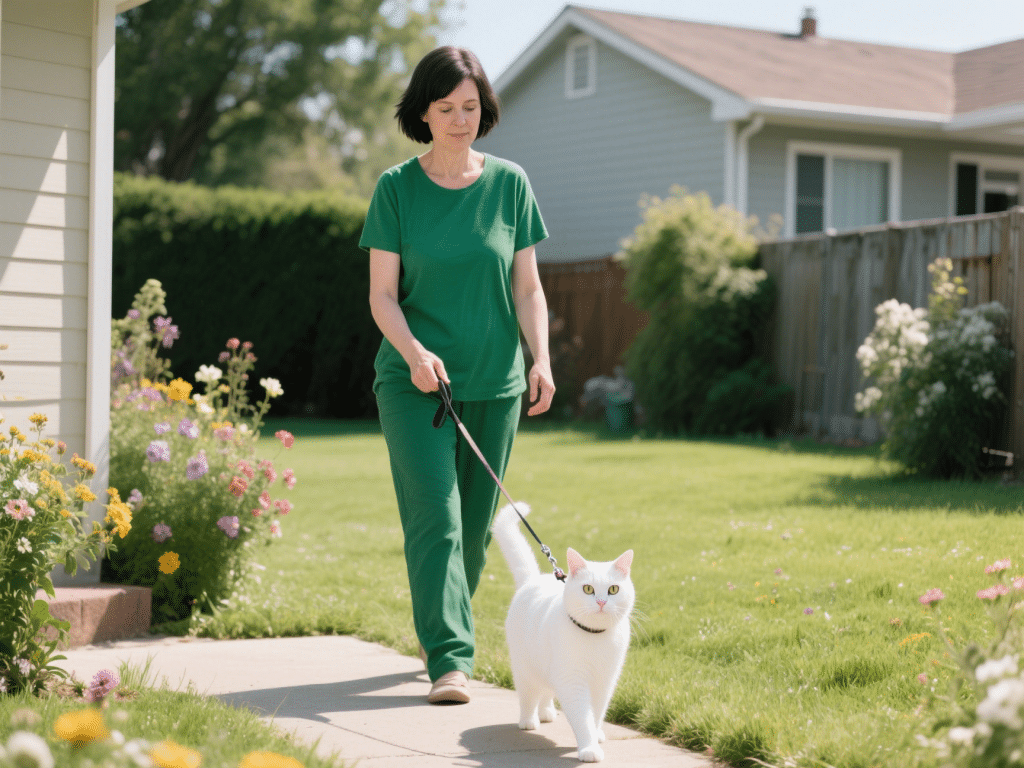
Building a Healthy Cage Environment for Pet Birds: Air Quality & Enrichment Tips
Pet birds possess highly sensitive respiratory systems; poor air quality can lead to asper...

Parasites pose a hidden threat to our tiniest canine companions. Drawing on my background as a canine parasitology researcher and family-vet consultant, I’ve crafted a targeted guide to prevent and manage fleas, ticks, and intestinal worms in small-breed puppies. Let’s ensure your pup thrives in a parasite-free environment.
Not all products suit puppies under eight weeks. Consult your veterinarian for safe, FDA-approved dewormers and topical preventives designed for toy and miniature breeds.
Puppies typically require deworming at two, four, six, and eight weeks of age, then monthly until six months. Keep meticulous records to avoid missed doses.
Select spot-on treatments with labeled puppy approval and proper weight-based dosing. I’ve found pipette-based formulas easier for anxious pups.
Wash bedding weekly in hot water. Vacuum carpets and rugs frequently to remove flea eggs. Consider using pet-safe sprays on baseboards and upholstery.
Inspect puppy stool for worms or proglottids. A healthy coat is glossy and thick; any dullness or excessive scratching warrants immediate attention.
Some essential-oil formulations deter fleas but can irritate puppy skin. Always dilute thoroughly and perform a small patch test first.
Daily comb-throughs help spot early flea activity. Drop any live fleas into soapy water to confirm sightings before treatment escalation.
Gentle puppy shampoos with flea-control agents provide relief. Follow with a soothing oatmeal conditioner to maintain skin barrier health.
Parasites can hitchhike on clothing and shoes. Encourage visitors to remove shoes indoors and keep other pets up to date on their preventives.
Schedule stool analyses at three and six months. Early detection of hidden intestinal parasites prevents anemia and digestive upset.
By following these small-breed–focused practices—backed by veterinary standards and my hands-on research—you’ll safeguard your puppy against parasites and set the stage for a healthy, happy life together. Consistency, vigilance, and collaboration with your vet are the keys to success.

Pet birds possess highly sensitive respiratory systems; poor air quality can lead to asper...

Ear infections (otitis) are common in domestic rabbits, especially lop-eared breeds where ...

IntroductionHairballs plague up to 85% of cats at least once in their lifetime, especially...

IntroductionScratching is an instinctive behavior for cats to maintain claw health, stretc...

IntroductionMany cat owners enjoy late-night bonding sessions with their feline friends, b...

Safe Ways to Introduce Your Cat to the OutdoorsIntroductionTransitioning a house cat to th...
Comments on "Safe Parasite Control for Small Breed Puppies" :